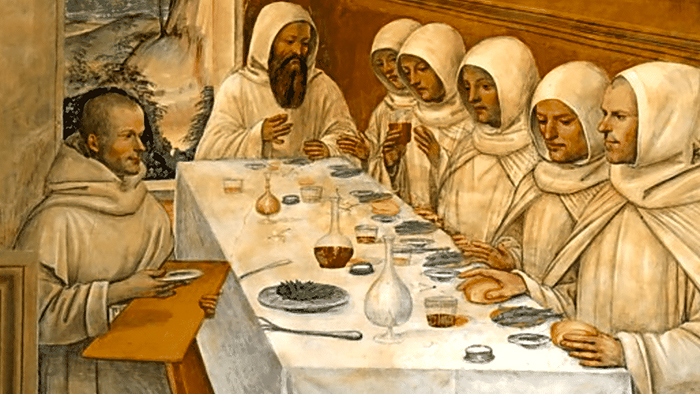
There are three vital penitential practices associated with the liturgical time of Lent: prayer, fasting, and almsgiving. All three, based in Scripture and early Christian tradition, are interconnected. They offer the opportunity to realign all our relationships in a rightful manner. Prayer directs us to conversion in our relationship to God. Almsgiving expresses itself in compassion towards our neighbor. Fasting focuses us on ourselves. It is essential to rescue fasting from misunderstanding and to rediscover its value for spiritual restoration. Fasting is a powerful penitential practice that holds the same opportunity for transformation as almsgiving and prayer. Distinguishing religious fasting from medical fasting is essential. Fasting for medical reasons is a good in itself: purging ourselves of toxins, readying us for various procedures or treatments, dieting to improve our health or lose weight all have their benefits. Religious fasting holds a different meaning. Charles Murphy, in his book, The Spirituality of Fasting writes that we practice religious fasting for other purposes: “religious fasting is an act of humility before God, a penitential expression of our need for conversion from sin and selfishness. Its aim is nothing less than becoming more loving persons, loving God above all and our neighbor as ourselves. The purpose is the transformation of our total being: mind, body, spirit.” I believe rediscovering the practice of fasting requires two basic spiritual orientations or attitudes. First, it is foreign to biblical anthropology to objectify or instrumentalize the human body. The purpose of religious fasting is not to dominate or break our body into shape by punishing ourselves. It is the act of humbling ourselves before God as we marvel at God’s love for us as we implore: “Oh God, help me to believe the truth about myself, no matter how beautiful it is!” Second, as a spiritual orientation, we want to notice the subtle forms of pride that insinuate themselves into penitential practices such as fasting. It would defeat the purpose of our religious practice to behave as if we can bend God’s will to our own. It gives us the illusion we can control God and the outcomes of the vicissitudes of life. Fasting is not done to manage our bodies, our lives or even God better, but to let go of that control and accept our radical helplessness. It creates the openness, the softening of the ego we need to receive what God wants to share with us; God’s self. During this time of penance and spiritual renewal, let us rediscover the deep meaning and the real purposes of fasting.[1]
[1] Excerpt from Fr. Daniel Renaud’s reflection, “Rediscovering the Practice of Fasting.”
